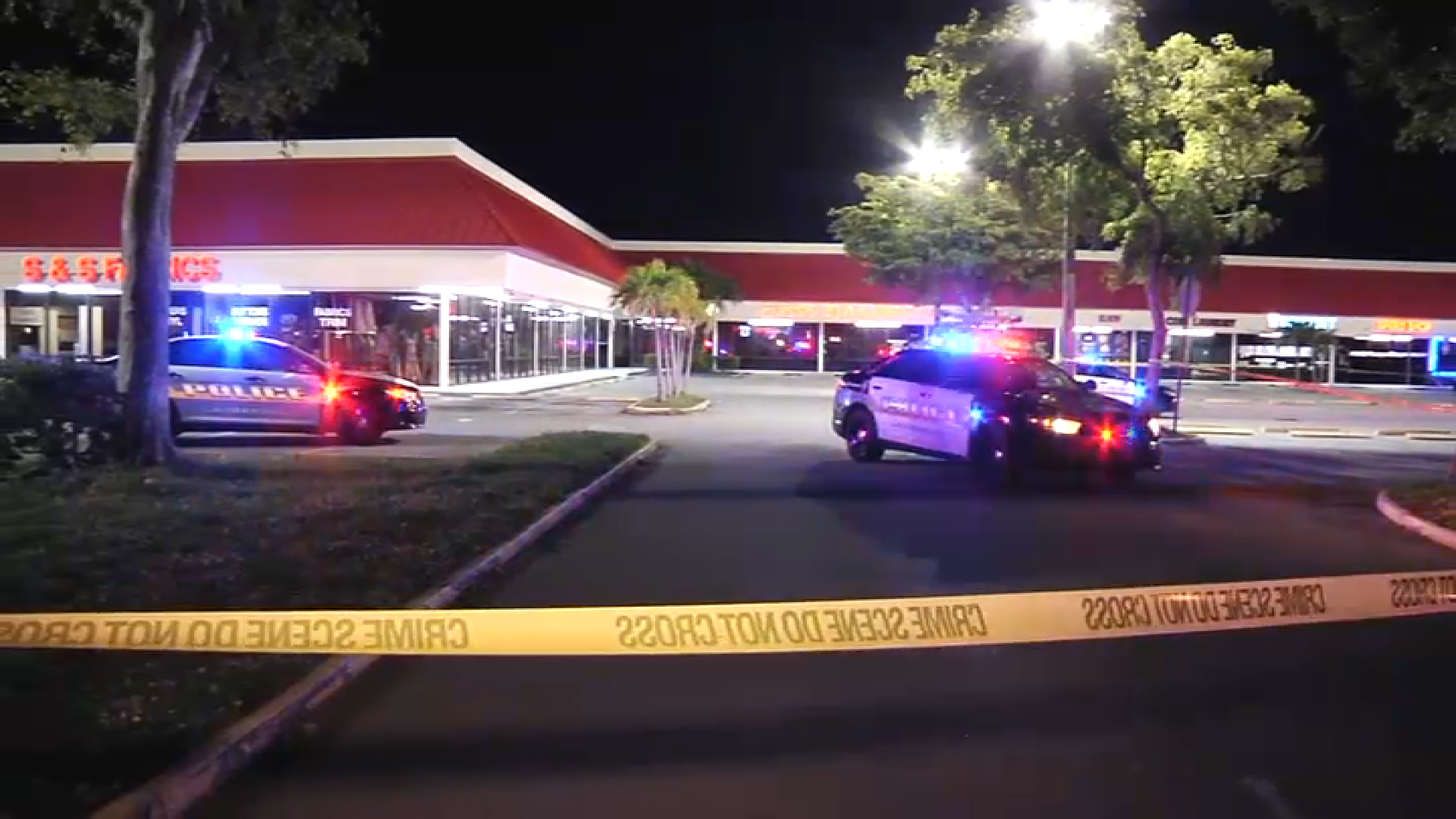Thousands of people are still without power in Broward and Miami-Dade in the aftermath of Hurricane Irma. With electrical appliances like refrigerators and freezers not working efficiently, the Florida Department of Health is reminding residents to take certain precautions to keep food safe.
“The risk of food poisoning is heightened when refrigerators and ovens are inoperable,” the agency said in a news release. “Discard any food that has been at room temperature for two hours or more, and any food that has an unusual odor, color or texture [,] just remember, when in doubt, throw it out!”
Here are some food safety tips from the Florida Department of Health:
-Keep a thermometer in your fridge. The temperature should be 41 degrees or less. Foods like eggs should be kept at this cool temperature.
-Keep your freezer packed with ice and freezer packs to ensure a cool temperature. A partially full freezer will make it difficult to maintain a consistent cool temperature, so make sure your cooler is full. “If available, 25 pounds of dry ice will keep a ten-cubic-foot freezer below freezing for 3-4 days,” the department said, adding that heavy gloves should be used when handling dry ice to avoid injury.
-Wash your hands. If your city is under a boil water notice, make sure the water you use is boiled or disinfected and be sure to use soap for disinfection.
-Prevent “cross-contamination,” or “the transfer of harmful bacteria to food from other foods.” If you have a plate, dish or cutting board that once held raw meat, poultry, or seafood, don’t use it to store good, fresh food. Doing this will increase the risk of bacteria.
Local
-Make sure your meat is cooked properly. You can use a meat thermometer to make sure poultry and steaks are at a safe internal temperature. According to the department, hamburgers and ground poultry should be cooked to 160 degrees Farenheit; poultry at 170 degrees Farenheit; roasts, steaks and beef (rare) at 145 degrees Farenheit; roasts, steaks and beef (medium) at 160 degrees Farenheit.
-Make sure your fish is cooked properly. When the fish meat is opaque and flakes easily, it should be cooked through.
-Take precautions when grilling. Preheat coals for 23-30 minutes or until they're covered with ash. Do not keep grills indoors.
-Sanitize food and water bowls for your pets. This ensures they don’t ingest fluids from flood-contaminated areas.
The department also stresses that you should never taste food to see if it’s safe to eat. If something smells off or has an unusual color or texture, you’re better off throwing it away. Thawed food can typically be eaten if it is still “refrigerator cold,” the agency said.



